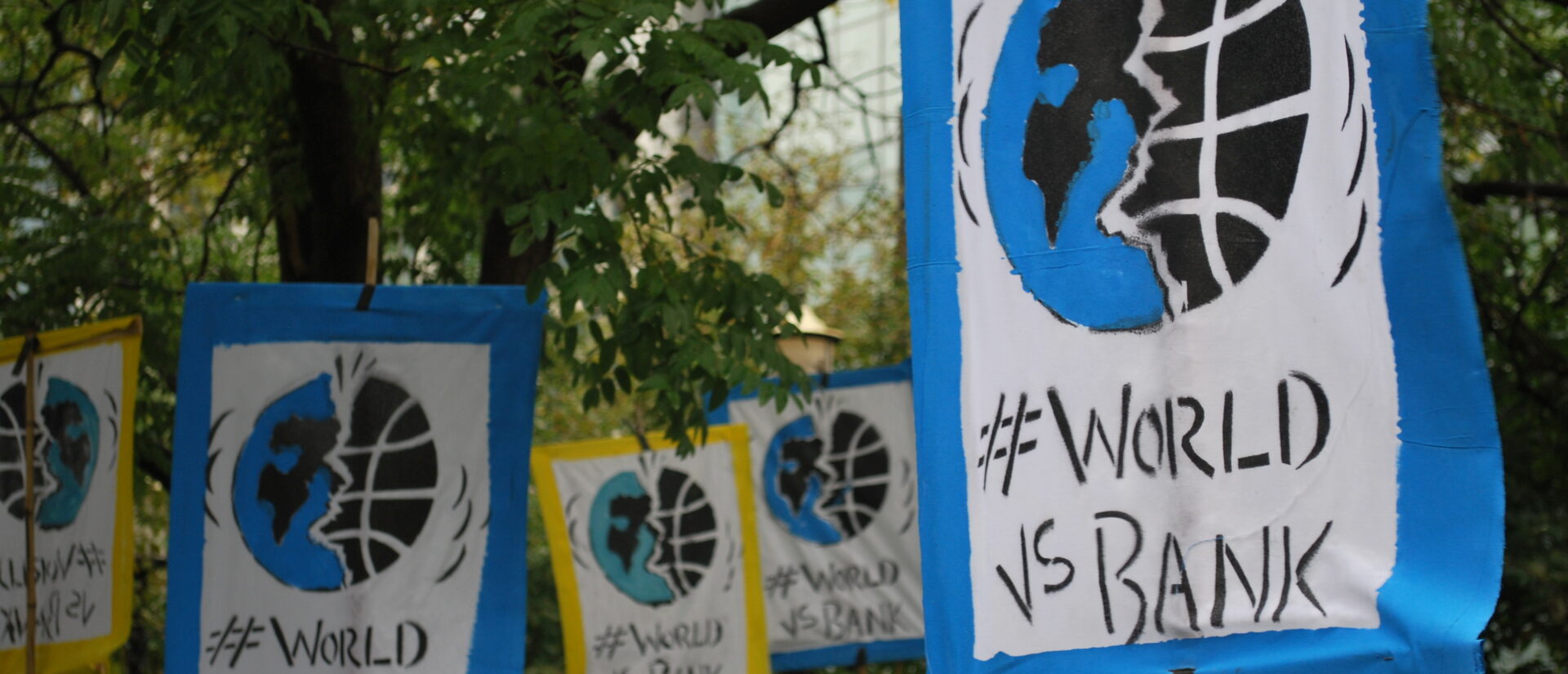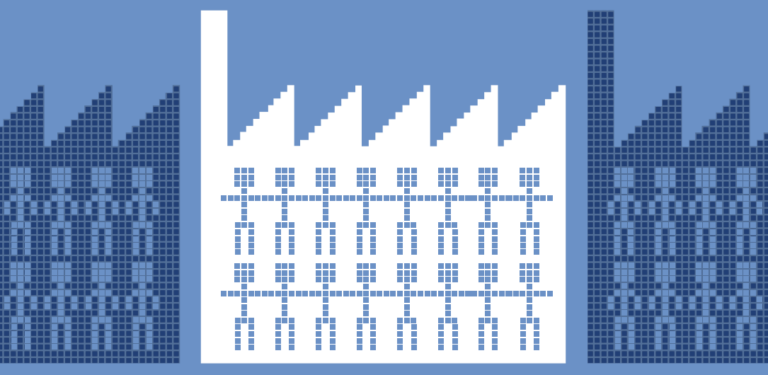
CAO: Complainants should be better protected
Recognising the shrinking space for civil society in many countries, the Compliance Advisor Ombudsman (CAO) has expressed concern about the situation of complainants and their ability to speak up. The CAO is the independent accountability mechanism for the International Finance Corporation (IFC) and Multilateral Investment Guarantee Agency (MIGA). The ombudsman receives complaints from communities that are harmed by IFC or MIGA funded projects.
The CAO is working to better protect complainants who are at risk of threats or reprisals because of their complaint or engagement with the ombudsman.
NGOs give CAO input on draft policy
The ombudsman has given NGOs the opportunity to comment on its draft approach on complainant protection. Combining efforts and expertise, fourteen NGOs, including SOMO, have submitted joint comments on the draft approach to the CAO. This is done “… to ensure that the complainants and people who are at risk, are at the center of decisions regarding risk mitigation and response, to clarify elements that we thought were unclear, and to be as specific as possible about the range of tools that are at the CAO’s disposal.“
In providing these views, the involved NGOs have drawn from their experience working with complainants, the guidelines of the UN human rights treaty bodies against intimidation or reprisals, international human rights law, and their practical experience working in high risk situations. The involved NGOs hope the CAO will make the necessary adjustments to its policy, to ensure the safety of complainants.
Complainants increasingly facing threats and violence
The current reality is that those who suffer negative impacts from projects financed by development banks, are facing high risks when speaking up or filing complaints. Reprisals against complainants to the CAO are facing increasing threats and violence(opens in new window) .
Developments banks and their accountability mechanisms have the responsibility to facilitate public participation, allowing affected communities to safely voice their concerns and seek accountability for harmful project impacts. Having a strong policy in place, is a first step towards ensuring complainants safety.
Do you need more information?
-

Lydia de Leeuw
Researcher
Partners
-
Bretton Woods project
-
Forest Peoples Programme
-
Frontline Defenders
-
Human Rights Watch
-
International Accountability Project
-
OEARSE
-
Protection International
-
Social Justice Connection
Related content
-
-
Human Rights and Grievance Mechanisms Published on:J. OldenzielPosted in category:PublicationJ. Oldenziel
-

-
How to use the UN Guiding Principles on Business and Human Rights in company research and advocacy Published on:Ricco, V.Posted in category:PublicationRicco, V.


